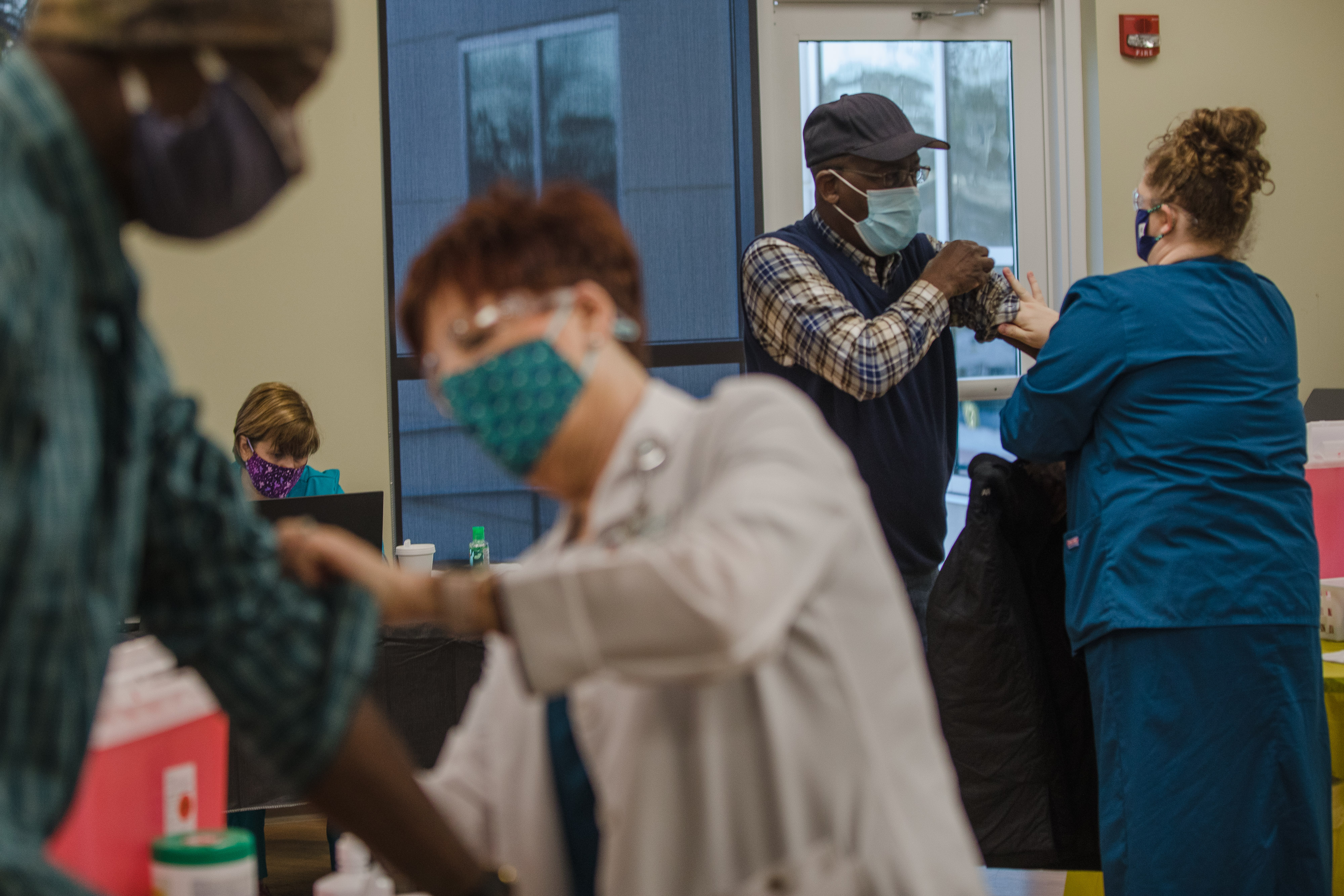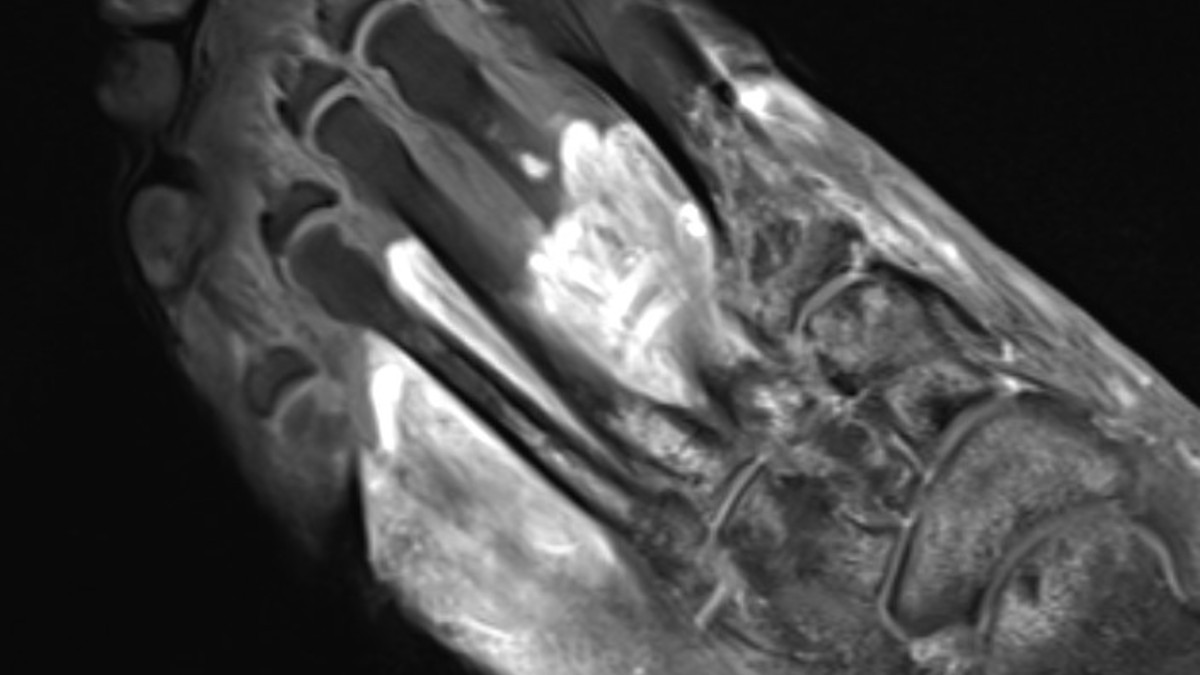Weeks and sometimes even months after recovering from the coronavirus, some people are still reporting lingering effects, such as headaches, nausea, shortness of breath and confusion.
For Rolando Bonilla, a leisurely walk is virtually impossible. That's because after 100 feet, he's already out of breath — a lasting effect from his battle with COVID-19.
"I still deal with heavy heart palpitations, shortness of breath," he said. "Definitely can't play sports or anything like that right now."
It was more than a month ago that Bonilla was in the intensive care unit after contracting the coronavirus. Now, he worries about the symptoms that don't seem to be going away.
"You worry because when you ask for medical advice, they're giving you their best advice, but they themselves don’t know why," he said.
Bonilla goes back for another checkup on Friday.
"It can last up to three months, but those people should see their doctor, their primary care physician," Bay Area Community Health Chief Medical Officer Dr. Harsha Ramchandani said.
Ramchandani said roughly 10% of COVID-19 survivors suffer lingering symptoms. In some cases, those patients might have developed another medical issue, like anemia or allergies, during their battle with the virus.
But Ramchandani said those lasting symptoms should not stop people from getting a vaccine if they're eligible.
Get a weekly recap of the latest San Francisco Bay Area housing news. Sign up for NBC Bay Area’s Housing Deconstructed newsletter.
"If you have lingering symptoms after COVID-19, post three weeks, you’re still eligible to get the vaccine because re-infection is possible," she said.
Ramchandani said the Centers for Disease Control and Prevention initially suggested patients wait 90 days after getting COVID-19 to get a vaccine. But she said new guidelines say patients may be eligible in just 14 days, if their doctor approves.



